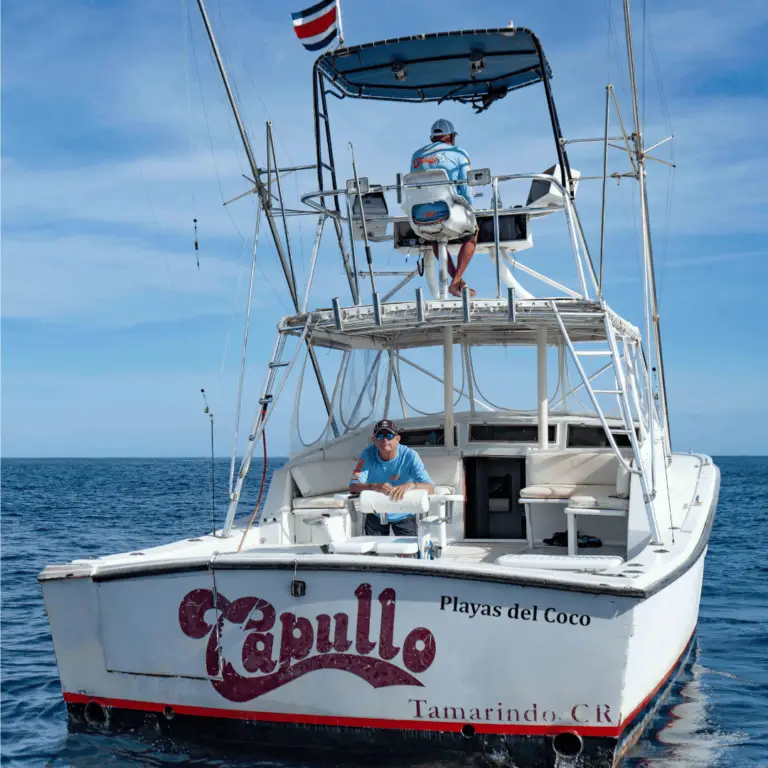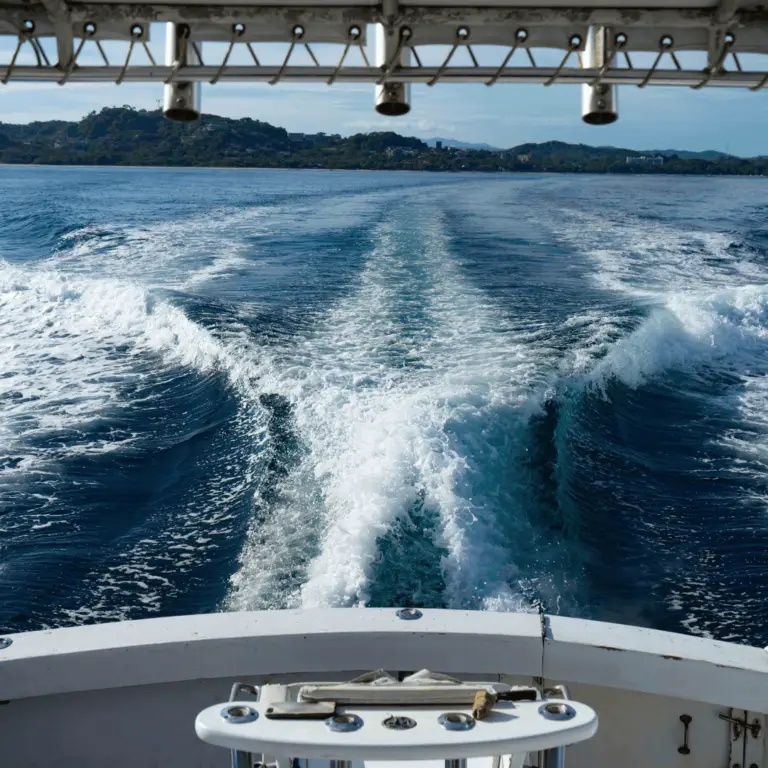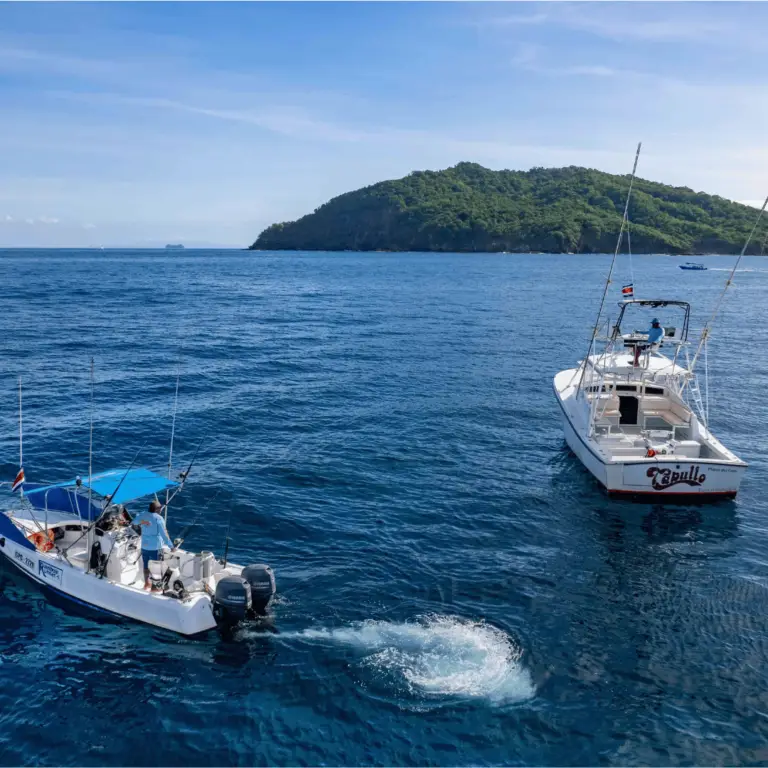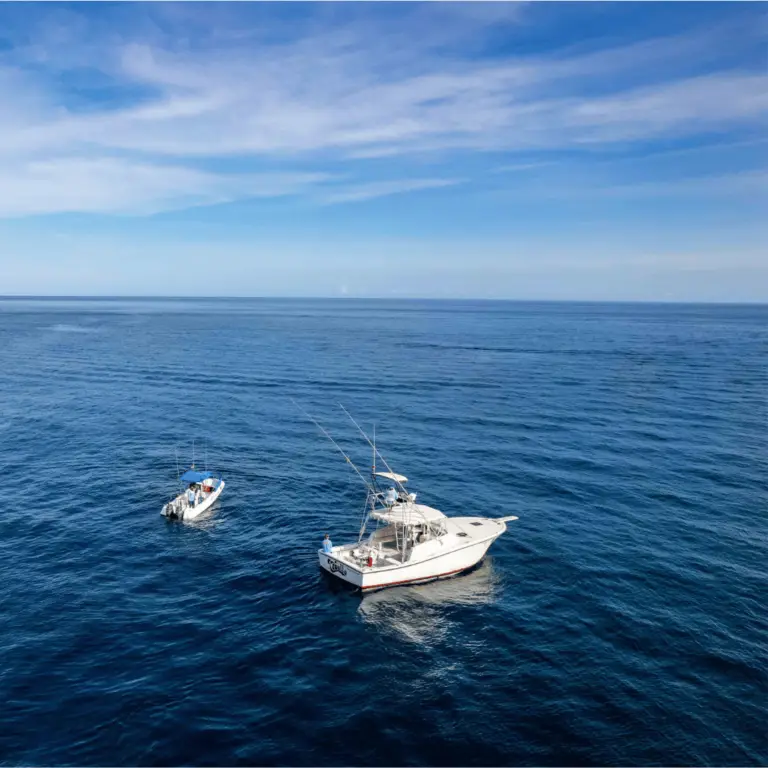Rules and Regulations for Fishing in Costa Rica
Anglers are in for a treat when it comes to fishing in Costa Rica’s delighted waterways. But fishing, while an ideal activity, needs to be experienced with greatest regard for the surrounding ecosystem and severe submission to rules. We will explore the tones of Costa Rica’s fishing laws in this extensive guide, which includes sections on spearfishing, fishing licenses, and the laws governing this well-liked activity.
Spearfishing: A Captivating Activity
In Costa Rica, spearfishing has become more and more popular among daring fishermen. Spearfishing is an earliest fishing technique. Fish are caught by diving and using a specific spear in this thrilling underwater sport. However, in order to protect the sustainability of marine life, spearfishing in Costa Rica is subject to a unique set of restrictions.
Spearfishing license: you must have a license prior to going spearfishing in Costa Rica. The license you need is an underwater fishing license. You are allowed to fish for a variety of species, such as snapper, rainbow runners, mackerel, trigger fish, jacks and even lobster. It is important to remember that spearfishing without the proper approval is against the law and harms the fragile marine environment.
Fishing License for Costa Rica: The Essential Guide to Legal Fishing
Getting a Costa Rica fishing license should be the first item on your list if you’re thinking about going fishing in Costa Rica. With this license, you may take benefit of all the aquatic riches the nation has to offer without breaking any laws. The getting of this license is an absolute must, regardless of your feeling towards predictable rod and reel fishing or the more difficult sport of spearfishing.
Sport Fishing License: Essential Information
Let’s first dispel the myths surrounding sport fishing licenses before getting into the essentials of Costa Rica’s fishing laws. Permitting people to fish for pleasure inside the nation’s regional seas is essentially what it is. This covers fishing in freshwater, coastal waters, and deep sea.
Fishing License Puerto Rico: A Frequently Held Myth
Anglers normally mistake Puerto Rico for Costa Rica because of their similar names. It’s important to realize, though, that the fishing laws and license requirements in these two locations differ. Although they both provide excellent fishing, they have different policies and guidelines.
Obtaining a Costa Rica fishing license is a must for lawful fishing in Costa Rica; do not use a “fishing license Puerto Rico.” When it comes to the seas of Costa Rica, make sure you obtain the necessary paperwork to guarantee a hassle-free and pleasurable fishing trip.
Spearfishing in Costa Rica: The Craft and the Laws
After discussing the fundamentals of fishing permits, let’s take a closer look at Costa Rica spearfishing. You may have up close and personal interactions with marine creatures when spearfishing, which is a demanding but greatly rewarding sport. It is authoritative, though, to follow the particular rules that control this procedure.
1. Licensing Requirements: As previously said, an underwater fishing license is necessary in order to spearfish in Costa Rica. With this license, you can dump and use a spear gun or pole spear to capture fish.
2. Protected Species: Maintaining the marine biodiversity of Costa Rica is a top priority. As a result, spearfishing is completely prohibited for several species, including sharks and sea turtles. To stay out of trouble with the law, you must get familiar with the list of protected species.
3. Spearfishing Zones: There are certain areas across the nation where spearfishing is allowable. The Costa Rican Fisheries Institute (INCOPESCA) institutes these zones, which are subject to modification. Thus, it’s wise to confirm the most recent laws and authorized locations before setting out on a spearfishing adventure.
4. Bag restrictions: In order to combat overfishing, Costa Rica sets bag restrictions on a number of fish species. The maximum number of a certain species that you can capture in a single day is determined by these limitations. Consequences and fines may be imposed for exceeding these restrictions.
Fishing Regulations in Costa Rica: Preserving the Marine Ecosystem
In order to protect its marine environment, Costa Rica has a detailed set of fishing rules in place. In order to preserve the natural equilibrium and guarantee that future generations may continue to take pleasure in the nation’s rich fishing legacy, these laws are important.
1. Catch and Release: Catch and release fishing is practiced across Costa Rica, particularly for billfish species like Marlin and Sailfish as well as Roosterfish. Anglers are urged to follow these rules and set free these magnificent animals.
2. Size limitations: Fish are protected and given the occasion to mature and breed by imposing size limitations. Make sure you are aware of the precise size restrictions for the species you plan to capture.
The Fishing Seasons: Certain fish species in Costa Rica have certain times for fishing that align with their dumping cycles. Fishing is absolutely illegal during closed seasons.
Distinct regions, including marine reserves and national parks, are considered as “no fishing zones.” Anglers are not allowed in certain regions in order to protect their natural environments.
Anglers are urged to follow Responsible Fishing Practices, which include limiting plastic waste when out on the water and utilizing circular knobs to lessen damage to fish.
The Conclusion:
In conclusion, whether you choose the exciting sport of spearfishing or conventional rod and reel fishing, Costa Rica provides an amazing fishing experience. It is important to get the required fishing license, familiarize yourself with Costa Rica fishing regulations, and implement the concepts of supportable and responsible fishing if you want to enjoy this angler’s heaven while honoring its natural reserves. Following these rules will allow you to make lasting memories in this angler’s paradise and aid in the preservation of Costa Rica’s aquatic riches.
